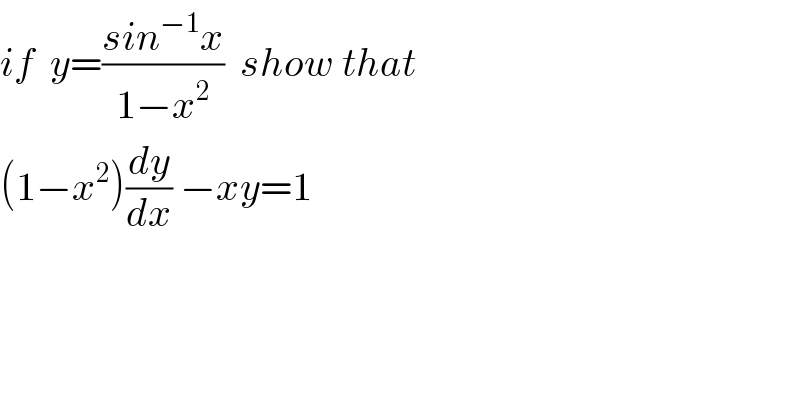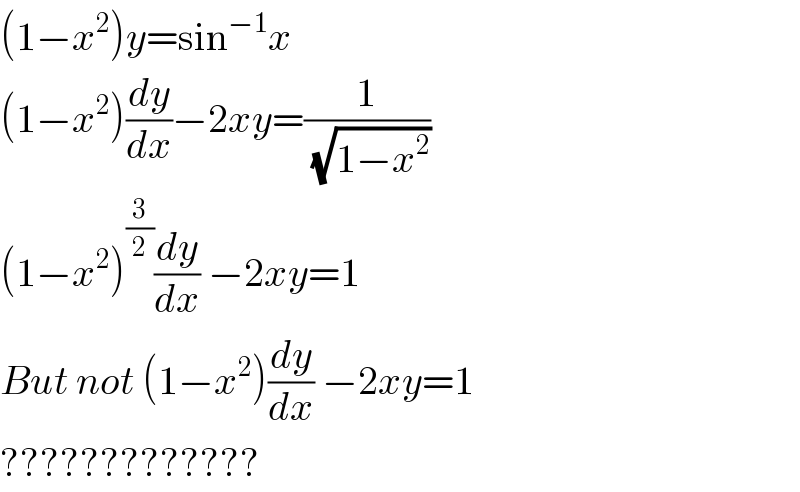
Question and Answers Forum
Question Number 35244 by JOHNMASANJA last updated on 17/May/18

Commented by math1967 last updated on 17/May/18

| ||
Question and Answers Forum | ||
Question Number 35244 by JOHNMASANJA last updated on 17/May/18 | ||
 | ||
Commented by math1967 last updated on 17/May/18 | ||
 | ||